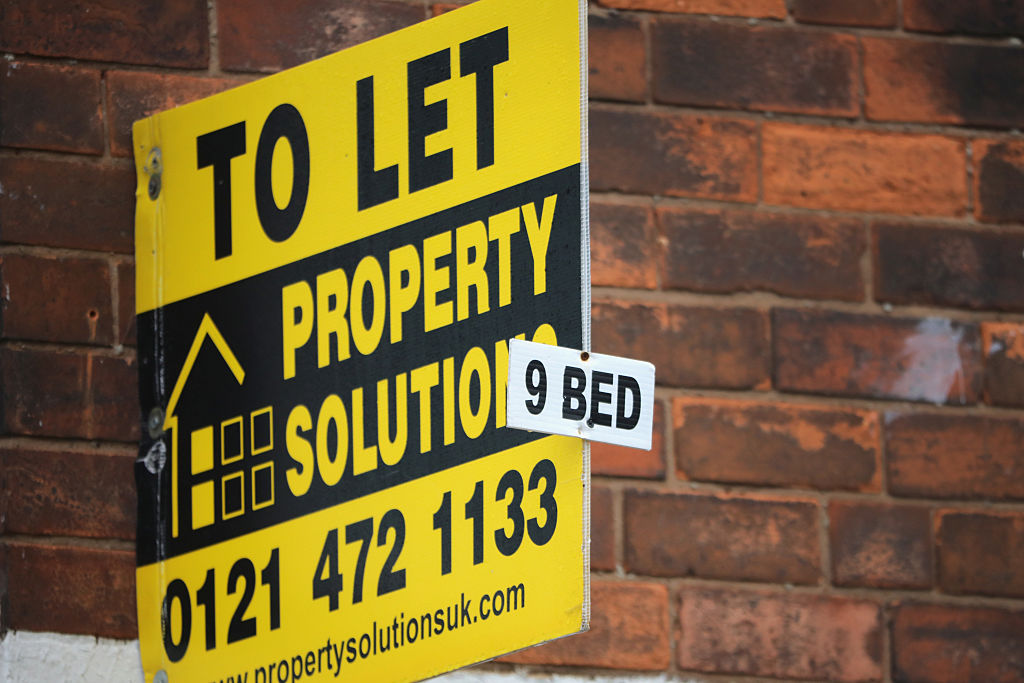
The government should invest in building thousands more social homes every year, MPs have told parliament. It should also create a dedicated housing court that could tackle the growing backlog in private rental disputes.
Proposals had been put forward by the government to reform the private rental and social housing markets, which includes plans to ban section 21 “no fault” evictions and to improve poor housing conditions.
The intention to end section 21 “no fault” evictions, following long-running complaints they are exploited by landlords to remove tenants that complain about rent increases or housing standards, will require landlords to go to court if they want to remove occupants who are in rent arrears or displaying antisocial behaviour. Meanwhile, councils could soon be required to monitor and punish rogue private landlords whose properties violate an updated and legally binding decent-homes standard. Previously, the standard has only applied to social homes.
But the government “risks undermining [its] own tenancy reforms”, said Clive Betts, the Labour MP and chair of the Levelling Up Select Committee, because of issues such as council funding shortages and the courts backlog – some people are having to wait up to 12 months to settle housing disputes. The committee has published a response to the government’s plans, in which it asks for greater investment in social housing and tighter rules for the private rented sector.
[See also: The end of the housing delusion]
What is wrong with the housing market?
In its response, the Levelling Up Committee concluded that issues within the private and social rented sectors stem from the “the decades-long failure of successive governments to build enough homes”. “Every time we talk about housing conditions, housing standards,” Betts told Spotlight, “we come back to the fact that there aren’t enough houses built and haven’t been for many years, and that particularly goes for social rented housing.” The committee has also highlighted holes in the government’s “A fairer private rented sector” white paper, published last summer, and the “affordability crisis” of private rent.
The government recently backed down from its promises to build more housing. The 2019 Conservative manifesto set a target to build “300,000 homes a year by the mid-2020s”, but the government’s own figures show that it has not been anywhere near meeting that target since the most recent election. Last December, the government agreed to water down its target following pressure from a group of rebelling Tory MPs who argued that housing targets placed on local councils were excessive.
[See also: Michael Gove and the levelling-up agenda have been hamstrung]
What is the committee suggesting?
The cross-party committee is urging the government to commit to building at least 90,000 social-rent homes every year. “You just say to government: ‘Think through what you’re doing; think of the unintended consequences [of these policies] before you do it,’” said Betts. “Otherwise, the good aspects of these plans could [produce] other very serious problems that could be addressed at the same time if we did it all together as a proper package.”
The government’s proposals for reforming the private rental sector includes scrapping fixed-term contracts for tenants, and replacing them with open-ended tenancies. The committee supports these but has suggested it should not apply to students, as it “could make letting to students considerably less attractive”, particularly as the market “is already very tight” for them. The committee has also suggested extending the amount of time landlords would have to wait before putting their property back on to the letting market after repossessing it for sale or occupational purposes, from three to six months. Current proposals can “be too easily exploited by bad landlords and become a backdoor to ‘no fault’ evictions”, said the committee.
The committee has also called for the establishment of a dedicated housing court, an idea the government has previously rejected. This would deal with the existing backlog of disputes and the expected spike in cases from landlords who may want to repossess their properties should section 21 evictions be banned. Betts envisions it acting like a “small claims court”. He said, “Anyone who thinks the existing court system is working should go and actually ask lawyers and judges and people who work in the courts. It clearly isn’t.”
How might landlords react to these changes?
Betts acknowledged that landlords’ concerns around the proposed extra regulations could see them take their properties off the market completely. In particular, the need to spend thousands on improving properties to meet the new decent-homes standard could be a deterrent. “That is a risk, and we’ve thought about that very carefully,” he said.
“But,” he continued, “I don’t think that should mean that you should reduce the standard [that] tenants have in the private rented sector – that would be going in the wrong direction.”
[See also: Why don’t we have a Department for Housing?]





